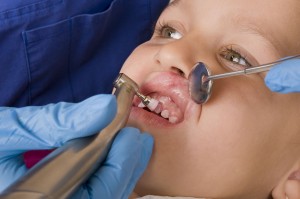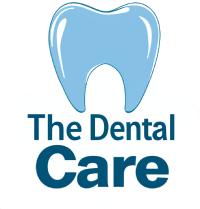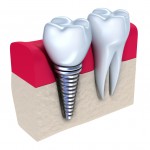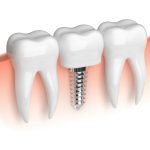When your temporomandibular joint becomes damaged, it can cause you pain. People experience a myriad of problems when TMJ issues are present. You may have pain in your jaw, head and neck. You may also experience a clicking sound from your jaw, or have difficulty opening or closing your jaw completely. If your jaw locks up when you yawn or open your mouth wide, this could be a sign you have TMJD. If your symptoms are mild, you may be able to control them with behavior modifications and occasional pain medications. If your symptoms are interfering with your life, you may want to consider consulting with an Oral Surgery Practice in Summit NJ.
To diagnose TMJD, the surgeon will perform an examination and take X-rays. Your symptoms will also be discussed. Once your diagnosis has been reached, the surgeon will work to employ different methods of overcoming your symptoms. These methods will often include:
1. Home instructions for helping to stop your pain
2. Medications to ease pain and inflammation
3. Exercises to relax the jaw muscles
4. Dental devices that help to stop pain and teeth grinding
5. Physical therapy
6. Relaxation techniques
Though joint surgery is always an option, this is typically not carried out unless all other forms of treatment have failed. This is because any type of surgery can be risky. The surgeon will work through different treatment types to give you the most relief possible. If surgery is needed, it can be carried out through the Oral Surgery Practice in Summit NJ. Surgery typically involves the repair or replacement of the joint, depending on the degree and type of damage.
Through ongoing treatment, you can overcome your TMJ pain and get back to a normal life. It is important you follow your surgeon’s instructions so you can get the best outcome possible from your treatment. By being proactive and following the advice you are given, you can be free of this condition.
If you would like further information on TMJD treatment, visit the website They will work to ensure your pain and discomfort are brought under control. Your TMJD symptoms can become a thing of the past.









